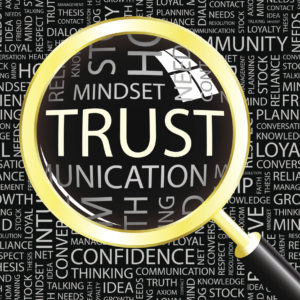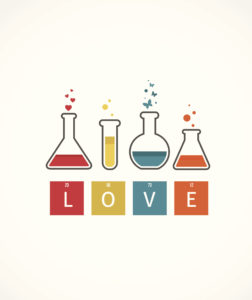
I recently read an opinion piece that explored what led to a more successful relationship: feeling love for, or choosing to love, a partner. This got me thinking about the two, and whether they were in fact different approaches at all. The debate is often based on data showing that arranged marriages, those in which the partners meet only briefly before commiting to a life together, tend to be just as happy as love-based marriages (suggesting that choosing to love someone works as well as feeling it “naturally”).
What is going on here? If we can be just as happy in an arranged marriage as a love-based one, then why go through all the trouble and expense of dating? If dating does not guarantee a better match than one set up by your parents, what is the point? I started thinking of all the time that could be saved! And yet there is not just one right way to start a relationship. The concern for me as a couples therapist is whether the approach my clients take to relationship is working for them.
Love is often misunderstood, and that can get us into trouble. It is like thinking that if you have courage, you have no fear–when courage is a response to fear, not the lack of it! If you take love as a stand-alone concept, you might be missing the point. Rather, think of love as the heading for a whole list of influences–love is a category, not an item. So when we ask if love is a feeling or a choice, the answer is…yes! Let’s look at why that is…
THE BIOLOGY OF FEELINGS: When we meet someone and feel a connection, we may think that it is “love at first sight”. Let me assure you that it never is love! What it is is the limbic system (a series of structures in the brain that release hormones and are involved in emotion and motivation) wanting desperately to bond with the other, and if it finds someone who it attunes to emotionally, physically, and intellectually, well, that need to bond can feel overpowering–like love. But it’s not. More likely it is your limbic system releasing dopamine and norepinephrine, making you feel really great when you are with this new person!
This is why it is a good idea to hold off on starting a sexual relationship with someone new–giving the rational brain a chance to catch up with the limbic system. This is not a moral stand, but a practical one. The lymbic system does not evaluate whether a partner is a good match–it just wants what it wants. This is why feelings can mislead us into thinking that something is a good idea. Ideally we use both parts of the brain when making emotional decisions. If we take our time, we give our brains a chance to bond based on time spent with a person, resulting in the eventual release of oxytocin and vasopressin, the bonding hormones. Love, or care and concern for the other, begins to build. True love is not about us!
DO WE CHOOSE OUR FEELINGS? The short answer is: sometimes. Since the brain and the body are part of a system, they work interactively and they affect each other. Sometimes we have a feeling that causes us to think a certain way about what is happening, and sometimes we have a thought that result in a feeling. I suspect that in arranged marriages where love develops, it is a result of both processes happening.
I often tell couples that if you want to be in love with your partner, “act” like you are in love with them. This is a cognitive exercise that uses thought to trigger feeling. Have you ever gone to a movie that you want very badly to love? Your thought about wanting to love it will influence how you feel about it, regardless of the merits of the film! You can’t completely separate the brain’s rational thought processes from its feelings center, so why not use it to your advantage? Go with the “feelings” initiated in the limbic system, and then use your rational brain to either support or suspend that process.
LOVE AS A CONSCIOUS CHOICE: It is time to do away with the harmful, foolish, and frankly crazy notion of “falling in love” as an actual state of being. Let’s replace it with a combination of both the great feelings that occur during attraction and a rational exploration, over time, of whether the other is responsible for his or her own stuff, and responsive to yours. This approach uses the best of both feeling and choice, and can lead to healthier results!
Choice is best done with an awareness of what the options are, and therapy can help to uncover these and make them conscious! I like to think that this type of work on the self helps one to respond to the world rather than react to it–leading to a more preferred experience and outcome. What could be wrong about that?
We all love falling in love because it feels great and makes our “regular” world extraordinary for a while. I am here to say that by inviting the rational mind into the process, that extraordinariness can be extended into something real and lasting: secure attachment with another and feeling cared for. Relationships are hard enough even when they are good, so why make them more difficult by relying only on your feelings? When you make love a choice, the odds are that you will feel even better about it in the long run!


